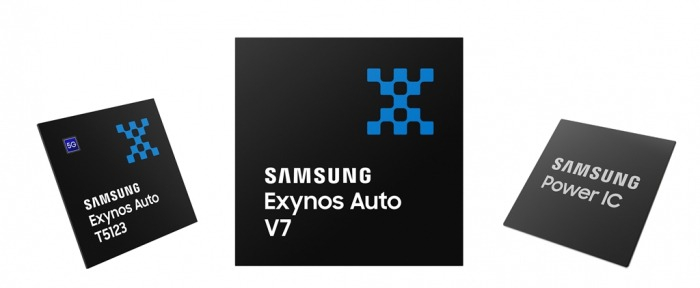As on-device artificial intelligence, designed for smart gadgets such as smartphones, laptops and autonomous-driving cars, emerges as a mega-trend for the AI industry, global chipmakers are upping the ante in the race to produce AI-enabled memory chips.
Compared with generative AI such as ChatGPT, on-device AI enables customized and personalized functions that offer higher security, cost less and have lower power consumption.
Samsung Electronics Co., Qualcomm Inc., Intel Corp. and AMD are all ramping up their efforts to suit the needs of consumer electronics makers, which are increasingly integrating AI into their products.
SMARTPHONES, LAPTOPS
Samsung Electronics, the world’s largest memory chip and smartphone maker, is expected to embed its next-generation smartphones in the Galaxy S24 series, scheduled for launch in January 2024, with AI features such as converting text into images.
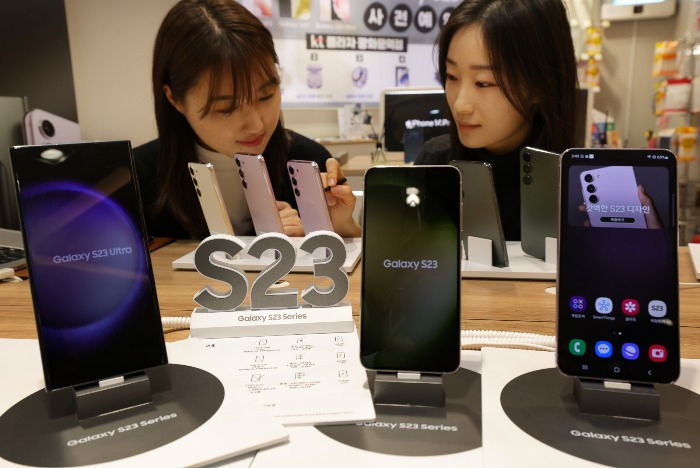
Last month, Google Inc. unveiled the “Pixel 8” smartphone, which the company said it built with AI at its center for a more helpful and personal user experience.
Apple has released the central processing units (CPUs) of M3, M3 Pro, and M3 Max for MacBook laptops that feature faster AI and machine learning workflows than their predecessors.
Samsung is also preparing to launch AI-enabled laptops, and so is its local rival LG Electronics Inc.
AMD recently unveiled the Ryzen 7040 series of notebook processors that facilitate deep learning.
According to research firm Counterpoint, the AI-enabled laptop market is forecast to grow at an average of 50% per year through 2030, commanding half of the personal computer market by 2026.
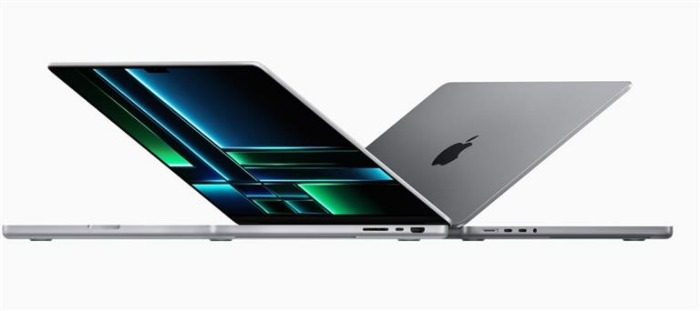
Both Samsung and Apple are considering providing on-device AI services for smartphones on a subscription basis for regular incomes, according to industry officials.
PERSONALIZED AI
Market observers say on-device AI will outsmart generative AI in terms of costs and privacy protection.
Moving some AI data to personal devices requires less money and less power, compared with transferring them to data centers used for generative AI.
Moreover, on-device AI will be able to provide customized and personalized services by analyzing device users’ voice patterns, expressions, reactions and health conditions.
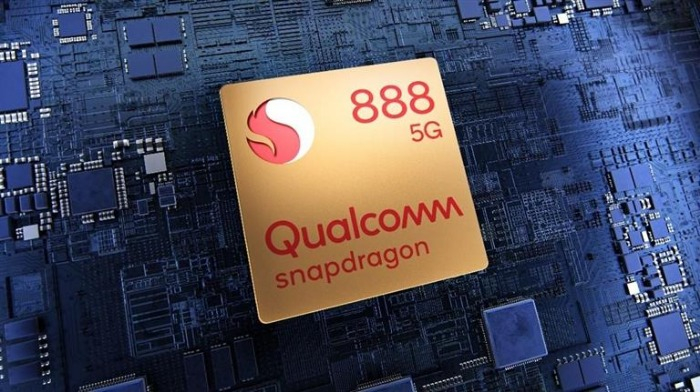
Daniel Araujo, vice president of Samsung’s Mobile eXperience (MX) division, said on a third-quarter conference call last week that the cloud-based generative AI model provides a wide range of services, but is difficult to reflect the characteristics of smart devices’ users.
He added that Samsung’s new smart gadgets will come with generative AI that could bring more creativity and convenience into daily life.
In anticipation of rising demand for on-device generative AI, Cristiano Amon, chief executive of Qualcomm, recently said the average selling price of memory chips will rise at an annual average of 10% over the next few years.
Samsung and Qualcomm are releasing chips supportive of on-device AI in the form of an integrated chipset by combining the neural processing unit (NPU) and other chips.
The NPU is essential for a device to process data and implement AI functions.
Samsung’s latest application processor (AP) of the Exynos 2400 is designed for on-device AI, and so is Qualcomm’s new flagship mobile processor Snapdragon 8th Gen 3.
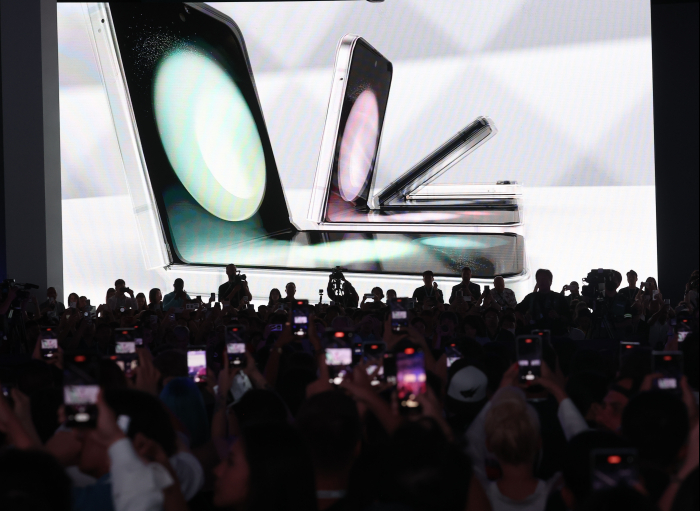
PERSONAL COMPUTERS WITH AI
On-device AI will likely shake up the PC market as well.
Intel will soon make an official launch of “Meteor Lake,” a CPU for PCs supportive of AI.
“The arrival of the AI PC represents an inflection point in the PC industry,” Intel CEO Pat Gelsinger said at its earnings call last week, according to Reuters.
Write to Jeong-Soo Hwang at hjs@hankyung.com
Yeonhee Kim edited this article.











